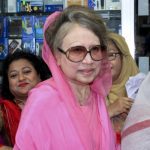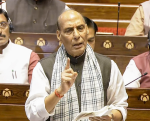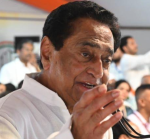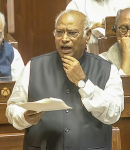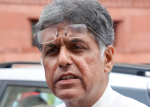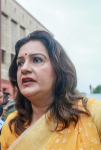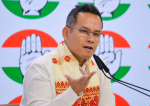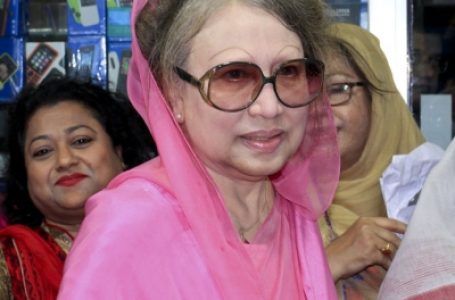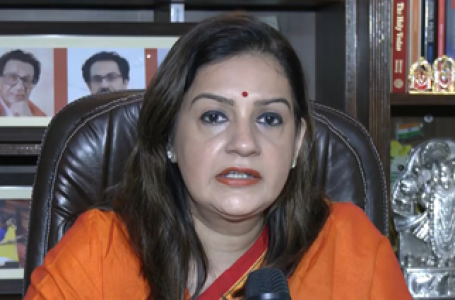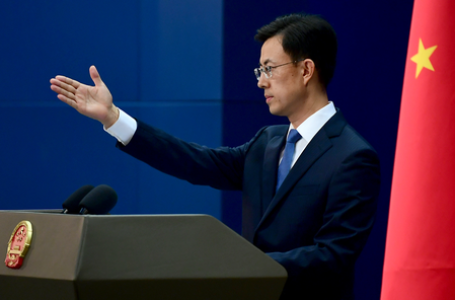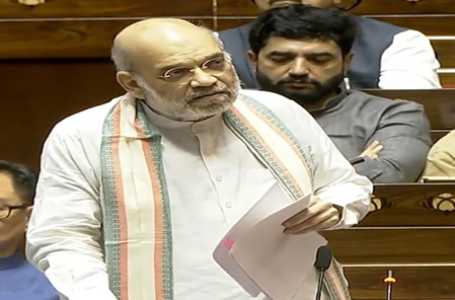
Jamiat Ulema-i-Hin chief Arshad Madani (L) and RSS chief Mohan Bhagwat
Even as the RSS slammed the gay marriages invoking Hindu religious scriptures, the Jamiat Ulema-i-Hind (JUH) opposed a batch of pleas before the Supreme Court seeking legalisation of same-sex marriages with the Muslim body calling the proposition against the Quran.
The Muslim body has put its weight behind the Union government to remind the judiciary to not transgress into the legislative domain. In an intervention application filed in the matter, the JUH said that notions like same sex marriage originate from western culture that have radical atheistic worldviews and the same should not be imposed on India, according to the Bar and Bench. The Jamait said: “The nature of prayers in the present petitions is in complete contravention of the established understanding of the concept of marriage in all personal laws– between a biological man and a biological woman– and thus intends to rake up the very core, i.e., the structure of a family unit prevailing in the personal laws system.”
The Jamiat in its petition filed on Sunday through advocate M R Shamsad said that the prohibition of homosexuality has been categorical from the dawn of the religion. It said: “In the Islamic paradigm, fathers and mothers are complementary to each other but not interchangeable…Theologically, the rulings with respect to the dress code, prayer to even mannerisms differ based on one’s gender.”
The Muslim group argued that pro-LGBTQIA+ movements have their roots in western and atheistic societies. The application said: “If we trace the epistemology of the Western sexual liberation movements, the defining figures are nearly all staunch atheists. Since the atheistic worldview had a decisive influence qua the present alterations in the ideas of sexual morality, it must not be allowed to create any space within the religiously governed personal laws of communities.”
On the other hand, the Hindu right organization RSS too said that the gay sex is a ‘practice of rakshasas (demons)’. C K Saji Narayanan, former president of the Bharatiya Mazdoor Sangh (BMS), the RSS’ labour wing, said that India’s Dharmashastras “penalise” such sexual behaviour. In his article in The Organiser, an RSS-affiliated magazine, Narayanan also criticised Supreme Court observations in its 2018 judgment decriminalising homosexuality. A fortnight ago, RSS general secretary Dattatreya Hosabale also said that the gay marriage is against the Indian culture. RSS chief Mohan Bhagwat in January had cited scriptures to assert that homosexuality had been part of Indian culture. Bhagwat even turned to the Mahabharata, which provided him with a “humane approach” to give the queer community social acceptance “without much hullabaloo”.
The top court on March 13 referred the matter to a five-judge Constitution Bench, saying the matter raises questions of “seminal importance”. On the other hand, the government’s affidavit said the matter should be left to Parliament.
The government argued that a “legislative understanding of marriage in the Indian statutory and personal law regime” refers only to marriage between biological men and women and that any interference “would cause complete havoc.”



